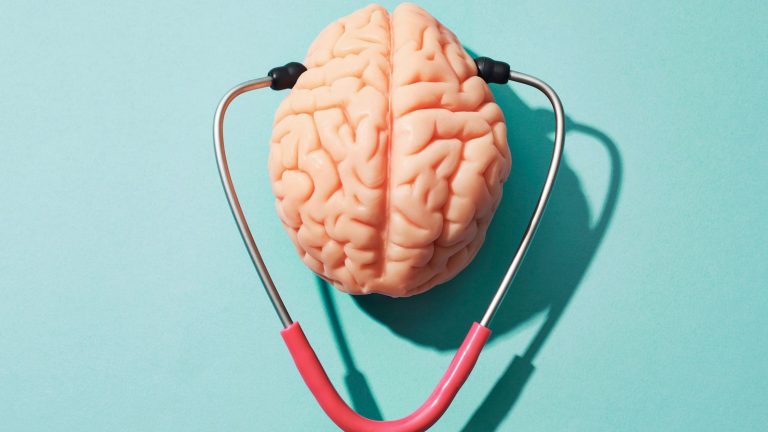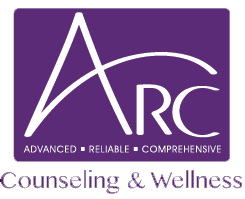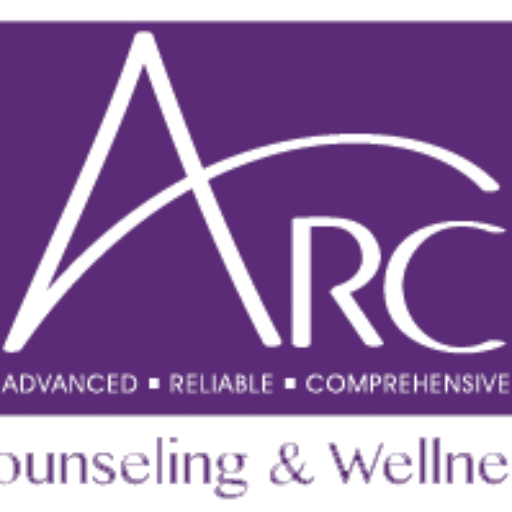Mental Health Awareness Month: A guide to recognizing your own mental challenges and needs


Mental health awareness month means a highlighted opportunity to spread knowledge and educate those around us about the importance of mental health and the impact that mental illness has on people and society as a whole. This is extremely important but before becoming a mental health advocate we have to take a look at our own mental state and check in with ourselves. This is something that is frequently overlooked, especially when you’re the type of person who is always helping others and putting their needs above your own, sometimes unknowingly.
It is estimated that 1 in 4 adults in the U.S. suffer from a mental disorder in a given year, though statistics are still coming in about the impact of the pandemic increasing those numbers. Mental illness is one of the leading causes of disability in the world, affecting over 450 million people worldwide. What is more concerning, is how many people go undiagnosed and/or untreated. In 2019 less than half the people affected by mental illness actually sought treatment.
There are many reasons why mental illness goes untreated including financial burden and accessibility to help, but a large reason is due to the lack of understanding and a large amount of stigma around mental illness. Our lifestyles tend to be filled with many daily stressors that create a “life is hard” narrative that most of us adopt and live by. We assume that feelings of anxiety and depression are expected in life and don’t seek further help to rid ourselves of these mental illnesses. By educating ourselves on the signs and symptoms of mental illness and recognizing these signs within ourselves, we can move towards getting the help we need. We can learn that these feelings are not permanent and they are definitely not an assumed part of living life.
Most Common Mental Illnesses & How They Show Up in Daily Life
Generalized Anxiety Disorder
Worrying and overthinking plans to worst possible scenario
Inability to let go of worry
Unable to handle uncertainty
Fear of making a wrong decision
Trouble sleeping
Irritability
Social Anxiety Disorder
Frequently avoiding people, situations or speaking out of fear of embarrassment
Avoiding being center of attention
Analyzing a situation and how you were in it after it has happened
Intense fear of interacting with strangers
Blushing sweating and/or trembling in social situations
Obsessive Compulsive Disorder
Obsessing over things like cleanliness or orderliness such as washing hands till their raw or needing all your spices to face the same way in the cabinet
Doubting that you’ve turned off the stove or locked the door and repeated checking it over and over
Counting in certain patterns or reciting a phrase repeatedly
Major Depression
Regular feelings of sadness or crying
Irritability or angry outbursts
Loss of interest in hobbies or regular activities
Lack of energy for small simple tasks
Sleeping too much or too little
Thoughts of death or suicide
Bipolar Disorder
Bipolar disorder includes states of mania and depression. During depressive states one would show the symptoms listed above during a manic state one would show the following symptoms:
Unusually upbeat or wired feeling
Increased energy or agitation
Exaggerated sense of self-confidence or euphoria
Decreased need for sleep
Unusual talkativeness and racing thoughts
What To Do
If you think you might have any of the previous disorders or have a combination of the previously stated symptoms, it’s important that you work towards getting adequate help and treatment. Prolonging the treatment of these disorders can lead to other health issues and can impact your relationships, work, parenting, and other important aspects of your life. Seeking therapy is a great first step, your therapist will likely refer you to get a complete physical from your primary care physician if you haven’t done so already. At some point, medication may be necessary to reduce or manage your symptoms.
As you are getting connected to a therapist and in between your sessions, there are things that you can do to take the best care of yourself. Implementing simple daily practices to improve your mental health can go a very long way.
Sleep
As with many other physical illnesses, sleep helps to maintain and improve our mental health. Getting adequate amounts of sleep and keeping ourselves on a regular sleep schedule (resting and waking at the same time daily) can help keep our brains healthy. During sleep, our neurons are able to repair themselves which helps our brain function and reduces feelings of stress. When we are on a regular sleep schedule our body has an easier time falling asleep making it easier to get that full night’s rest.
Exercise
Incorporating regular exercise into our schedule helps ease many symptoms. When we exercise it boosts serotonin, endorphins, and other “feel-good” brain chemicals, as well as activating new growth in brain cells. This is exactly what antidepressants do except we don’t need a prescription. Keep in mind that this doesn’t mean you need to weight lift in the gym for hours on end. Regular exercise includes things like going for daily walks, taking the stairs instead of the elevator, or playing a few rounds of badminton in the back yard. These little bits can go a long way for our mental and physical health.
Meditation
Regular meditation has a variety of benefits including stress management, reduction of negative emotions, and an increase in patience and tolerance. All of these tools, gained through meditation, can help us to better cope with anxiety, depression and other disorders. To start your medication practice, begin with just five minutes a day, you can even seek guided meditation videos on You Tube. Start or end your day with meditation and watch the positive impact unfold.
Healthy Diet
Nutrition plays a pivotal role in our mood every single day. The vitamins and nutrients found in the healthy food we eat affects our body and brain in different ways that can work to aid in our mental wellness. If you’re working to reduce various symptoms of depression or anxiety, you might benefit from reducing or cutting out processed foods, sweets, and fried foods. Each of these have been proven to increase inflammation in the body and brain which can enhance symptoms. By eating a diet rich in fruits, veggies, and whole foods, you can help balance the chemicals in your body with proper nutrients.

Recognizing and responding to the mental illnesses or negative feelings is just as important as caring for our physical health. Sometimes making the decision to seek treatment can feel like too big of a step if you are just beginning your mental health journey. Seeking treatment IS a big step, it’s the first step towards wellness!
The techniques listed here are beneficial to anyone and everyone all the time, mentally ill or not, and go a very long way in helping us reach health and happiness. If you or anyone you know reaches a point of readiness for therapy, ARC Counseling and Wellness offers a variety of specialized treatment services with an expert and diverse team devoted to your recovery.

